SEOUL TO RESTRICT LEVEL 4 DIESEL VEHICLES
입력 2022.09.29 (15:10)
수정 2022.09.29 (16:45)
읽어주기 기능은 크롬기반의
브라우저에서만 사용하실 수 있습니다.
[Anchor Lead]
The Seoul metropolitan government declared that it would cut air pollutant emission in half by 2030. Currently, emission level 5 diesel vehicles are banned from operating within the Seoul downtown area. That restriction will be extended to level 4 diesel vehicles from year 2025. Seoul plans to provide several incentives, such as subsidizing the replacement of diesel vehicles with electric ones.
[Pkg]
Acrid smoke is emitted from a diesel bus classified as emission level 4. The bus driver is exposed to the burning fume all day long.
[Soundbite] Oh Seong-wuk(Diesel bus driver) : "It’s clear that the black smoke and fume from the cars ahead of you are bad for the environment and the human body."
Passengers are also visibly disturbed by it.
[Soundbite] Kim Su-hyeon(Seoul Resident) : "I see lots of smoke routinely. There are so many cars. It cannot be good for the elderly people."
The ultra fine particulate concentration level in Seoul is 20 micrograms per cubic meter, failing to meet even the national air pollution standard. For cleaner air, the Seoul city government decided to ban emission level 4 diesel vehicles from operating within the downtown area. That comes down to roughly 80,000 vehicles. The restriction will go into effect for the downtown area from 2025 and for the entire capital city from 2030. The city aims to replace delivery motorcycles with electric bikes by 2025 and village shuttle buses and delivery trucks with electric vehicles by 2026. But the problem is the replacement cost. The Seoul metropolitan government will subsidize 100 million won per vehicle when a village shuttle bus is replaced. The city also plans to strike a deal with delivery companies to operate electric vehicles first and to provide low-cost insurance programs to the drivers of delivery motorcycles. Cooperation with other cities and provinces will be strengthened so that buses from other regions that enter Seoul can be replaced with those that run on natural gas or electricity.
[Soundbite] Oh Se-hoon(Seoul Mayor) : "Internal combustion vehicles must be removed in order for Seoul to dramatically reduce air pollution and achieve carbon neutrality."
However, the number of electric vehicle charging stations must be increased to 220,000 by 2026 to meet the rising demand. Currently, there is only a fraction of that number at 26,000 charging stations in the downtown area.
The Seoul metropolitan government declared that it would cut air pollutant emission in half by 2030. Currently, emission level 5 diesel vehicles are banned from operating within the Seoul downtown area. That restriction will be extended to level 4 diesel vehicles from year 2025. Seoul plans to provide several incentives, such as subsidizing the replacement of diesel vehicles with electric ones.
[Pkg]
Acrid smoke is emitted from a diesel bus classified as emission level 4. The bus driver is exposed to the burning fume all day long.
[Soundbite] Oh Seong-wuk(Diesel bus driver) : "It’s clear that the black smoke and fume from the cars ahead of you are bad for the environment and the human body."
Passengers are also visibly disturbed by it.
[Soundbite] Kim Su-hyeon(Seoul Resident) : "I see lots of smoke routinely. There are so many cars. It cannot be good for the elderly people."
The ultra fine particulate concentration level in Seoul is 20 micrograms per cubic meter, failing to meet even the national air pollution standard. For cleaner air, the Seoul city government decided to ban emission level 4 diesel vehicles from operating within the downtown area. That comes down to roughly 80,000 vehicles. The restriction will go into effect for the downtown area from 2025 and for the entire capital city from 2030. The city aims to replace delivery motorcycles with electric bikes by 2025 and village shuttle buses and delivery trucks with electric vehicles by 2026. But the problem is the replacement cost. The Seoul metropolitan government will subsidize 100 million won per vehicle when a village shuttle bus is replaced. The city also plans to strike a deal with delivery companies to operate electric vehicles first and to provide low-cost insurance programs to the drivers of delivery motorcycles. Cooperation with other cities and provinces will be strengthened so that buses from other regions that enter Seoul can be replaced with those that run on natural gas or electricity.
[Soundbite] Oh Se-hoon(Seoul Mayor) : "Internal combustion vehicles must be removed in order for Seoul to dramatically reduce air pollution and achieve carbon neutrality."
However, the number of electric vehicle charging stations must be increased to 220,000 by 2026 to meet the rising demand. Currently, there is only a fraction of that number at 26,000 charging stations in the downtown area.
■ 제보하기
▷ 카카오톡 : 'KBS제보' 검색, 채널 추가
▷ 전화 : 02-781-1234, 4444
▷ 이메일 : kbs1234@kbs.co.kr
▷ 유튜브, 네이버, 카카오에서도 KBS뉴스를 구독해주세요!
- SEOUL TO RESTRICT LEVEL 4 DIESEL VEHICLES
-
- 입력 2022-09-29 15:10:59
- 수정2022-09-29 16:45:06
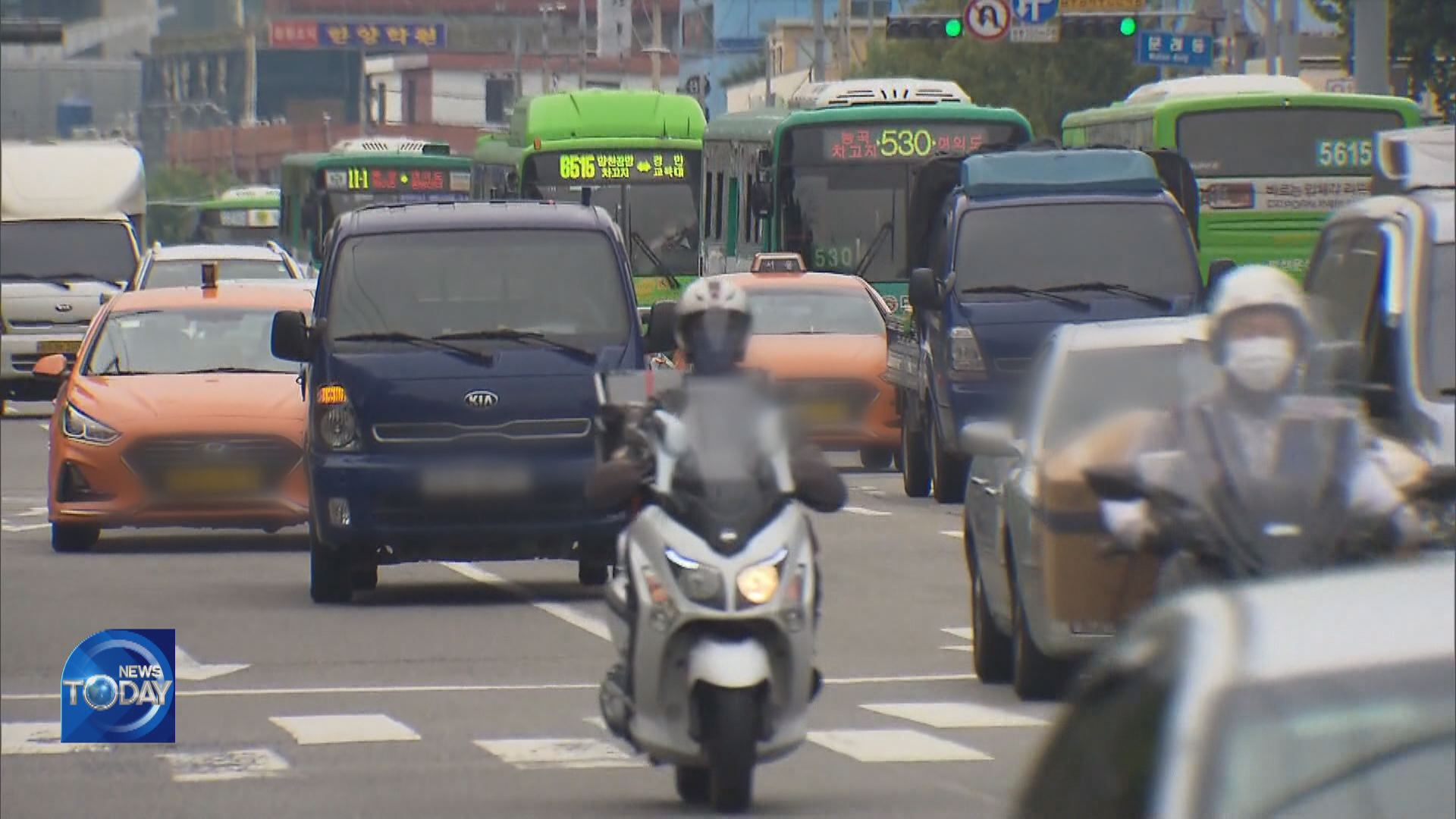
[Anchor Lead]
The Seoul metropolitan government declared that it would cut air pollutant emission in half by 2030. Currently, emission level 5 diesel vehicles are banned from operating within the Seoul downtown area. That restriction will be extended to level 4 diesel vehicles from year 2025. Seoul plans to provide several incentives, such as subsidizing the replacement of diesel vehicles with electric ones.
[Pkg]
Acrid smoke is emitted from a diesel bus classified as emission level 4. The bus driver is exposed to the burning fume all day long.
[Soundbite] Oh Seong-wuk(Diesel bus driver) : "It’s clear that the black smoke and fume from the cars ahead of you are bad for the environment and the human body."
Passengers are also visibly disturbed by it.
[Soundbite] Kim Su-hyeon(Seoul Resident) : "I see lots of smoke routinely. There are so many cars. It cannot be good for the elderly people."
The ultra fine particulate concentration level in Seoul is 20 micrograms per cubic meter, failing to meet even the national air pollution standard. For cleaner air, the Seoul city government decided to ban emission level 4 diesel vehicles from operating within the downtown area. That comes down to roughly 80,000 vehicles. The restriction will go into effect for the downtown area from 2025 and for the entire capital city from 2030. The city aims to replace delivery motorcycles with electric bikes by 2025 and village shuttle buses and delivery trucks with electric vehicles by 2026. But the problem is the replacement cost. The Seoul metropolitan government will subsidize 100 million won per vehicle when a village shuttle bus is replaced. The city also plans to strike a deal with delivery companies to operate electric vehicles first and to provide low-cost insurance programs to the drivers of delivery motorcycles. Cooperation with other cities and provinces will be strengthened so that buses from other regions that enter Seoul can be replaced with those that run on natural gas or electricity.
[Soundbite] Oh Se-hoon(Seoul Mayor) : "Internal combustion vehicles must be removed in order for Seoul to dramatically reduce air pollution and achieve carbon neutrality."
However, the number of electric vehicle charging stations must be increased to 220,000 by 2026 to meet the rising demand. Currently, there is only a fraction of that number at 26,000 charging stations in the downtown area.
The Seoul metropolitan government declared that it would cut air pollutant emission in half by 2030. Currently, emission level 5 diesel vehicles are banned from operating within the Seoul downtown area. That restriction will be extended to level 4 diesel vehicles from year 2025. Seoul plans to provide several incentives, such as subsidizing the replacement of diesel vehicles with electric ones.
[Pkg]
Acrid smoke is emitted from a diesel bus classified as emission level 4. The bus driver is exposed to the burning fume all day long.
[Soundbite] Oh Seong-wuk(Diesel bus driver) : "It’s clear that the black smoke and fume from the cars ahead of you are bad for the environment and the human body."
Passengers are also visibly disturbed by it.
[Soundbite] Kim Su-hyeon(Seoul Resident) : "I see lots of smoke routinely. There are so many cars. It cannot be good for the elderly people."
The ultra fine particulate concentration level in Seoul is 20 micrograms per cubic meter, failing to meet even the national air pollution standard. For cleaner air, the Seoul city government decided to ban emission level 4 diesel vehicles from operating within the downtown area. That comes down to roughly 80,000 vehicles. The restriction will go into effect for the downtown area from 2025 and for the entire capital city from 2030. The city aims to replace delivery motorcycles with electric bikes by 2025 and village shuttle buses and delivery trucks with electric vehicles by 2026. But the problem is the replacement cost. The Seoul metropolitan government will subsidize 100 million won per vehicle when a village shuttle bus is replaced. The city also plans to strike a deal with delivery companies to operate electric vehicles first and to provide low-cost insurance programs to the drivers of delivery motorcycles. Cooperation with other cities and provinces will be strengthened so that buses from other regions that enter Seoul can be replaced with those that run on natural gas or electricity.
[Soundbite] Oh Se-hoon(Seoul Mayor) : "Internal combustion vehicles must be removed in order for Seoul to dramatically reduce air pollution and achieve carbon neutrality."
However, the number of electric vehicle charging stations must be increased to 220,000 by 2026 to meet the rising demand. Currently, there is only a fraction of that number at 26,000 charging stations in the downtown area.
이 기사가 좋으셨다면
-
좋아요
0
-
응원해요
0
-
후속 원해요
0










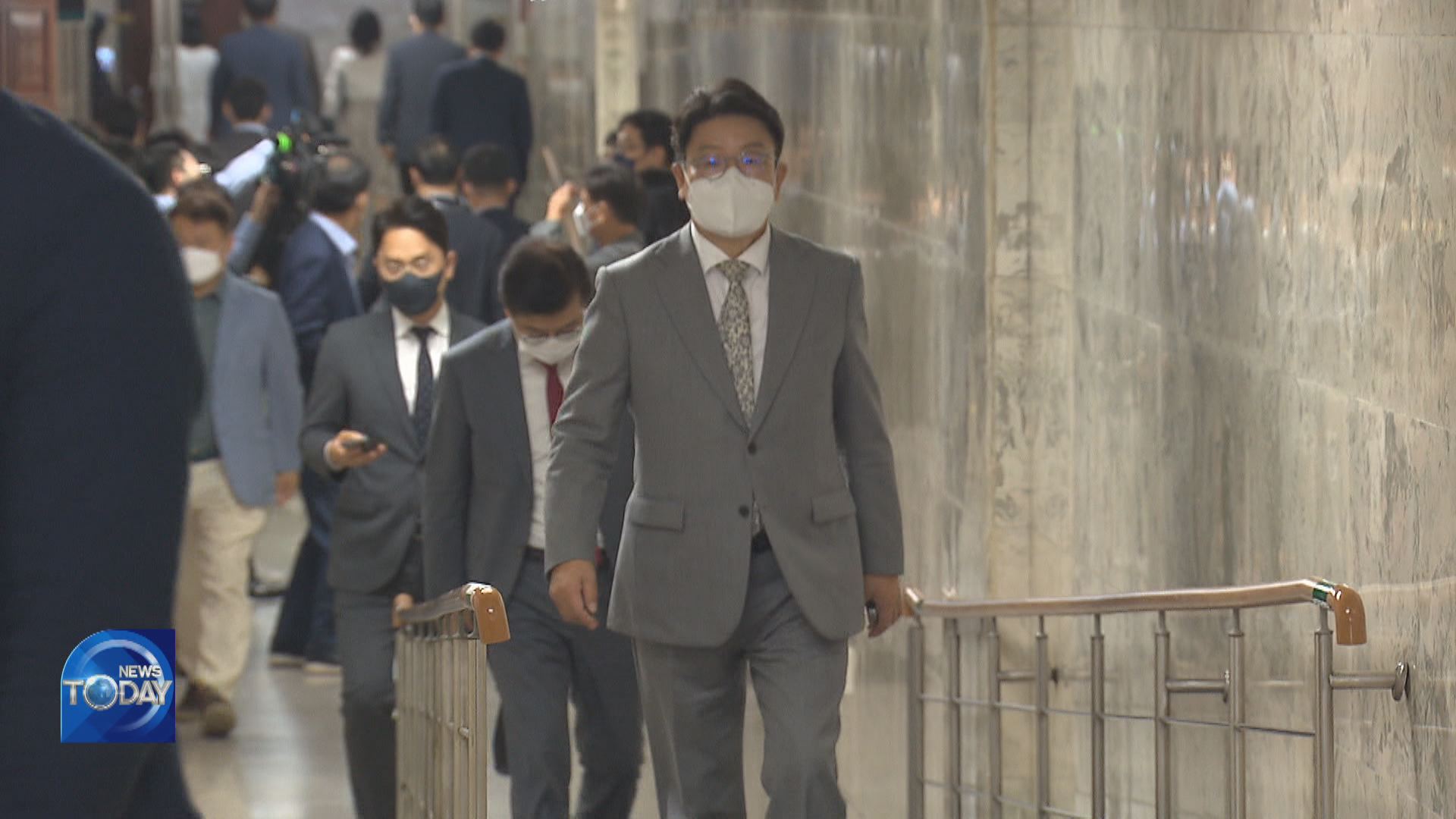
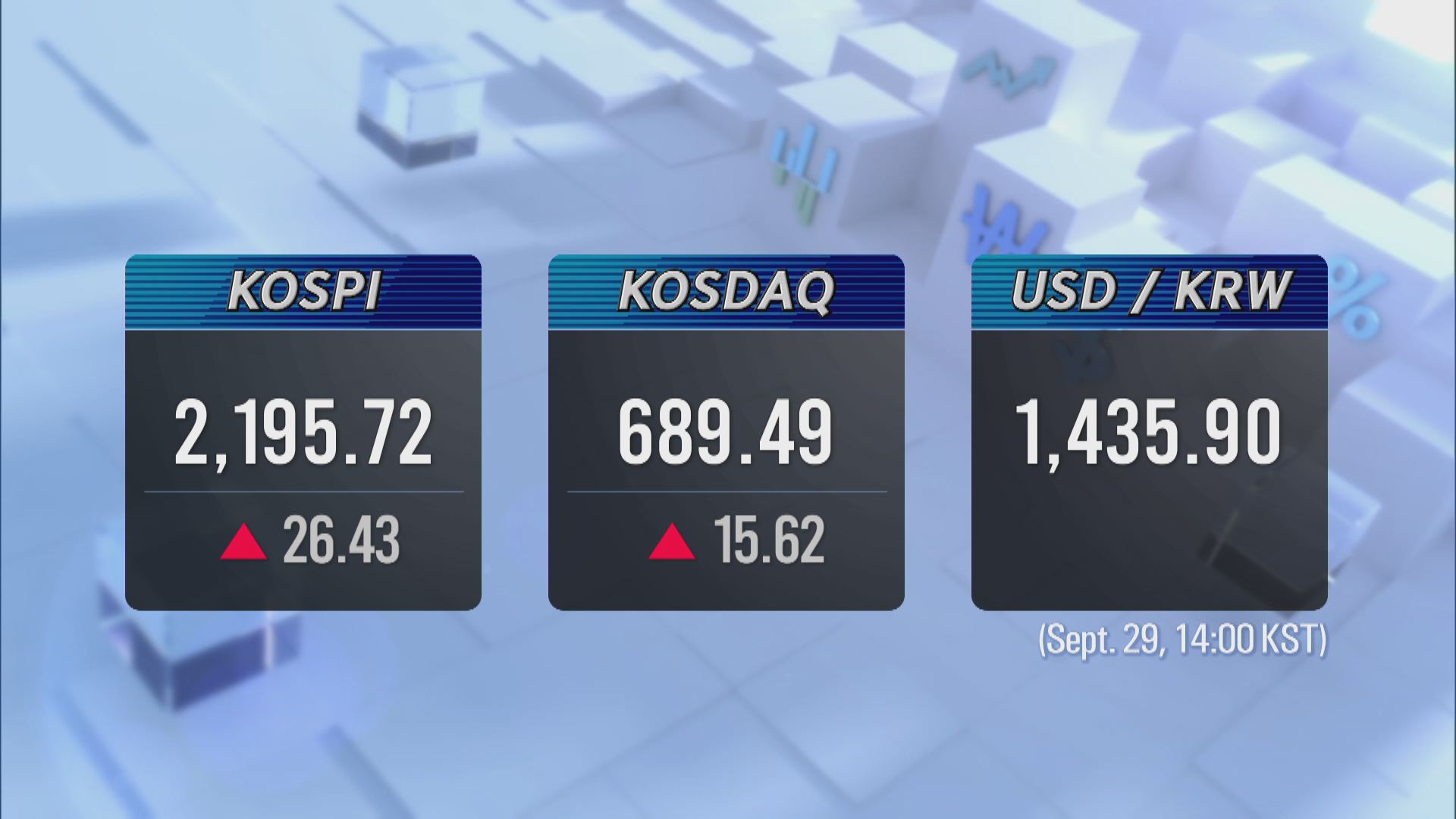
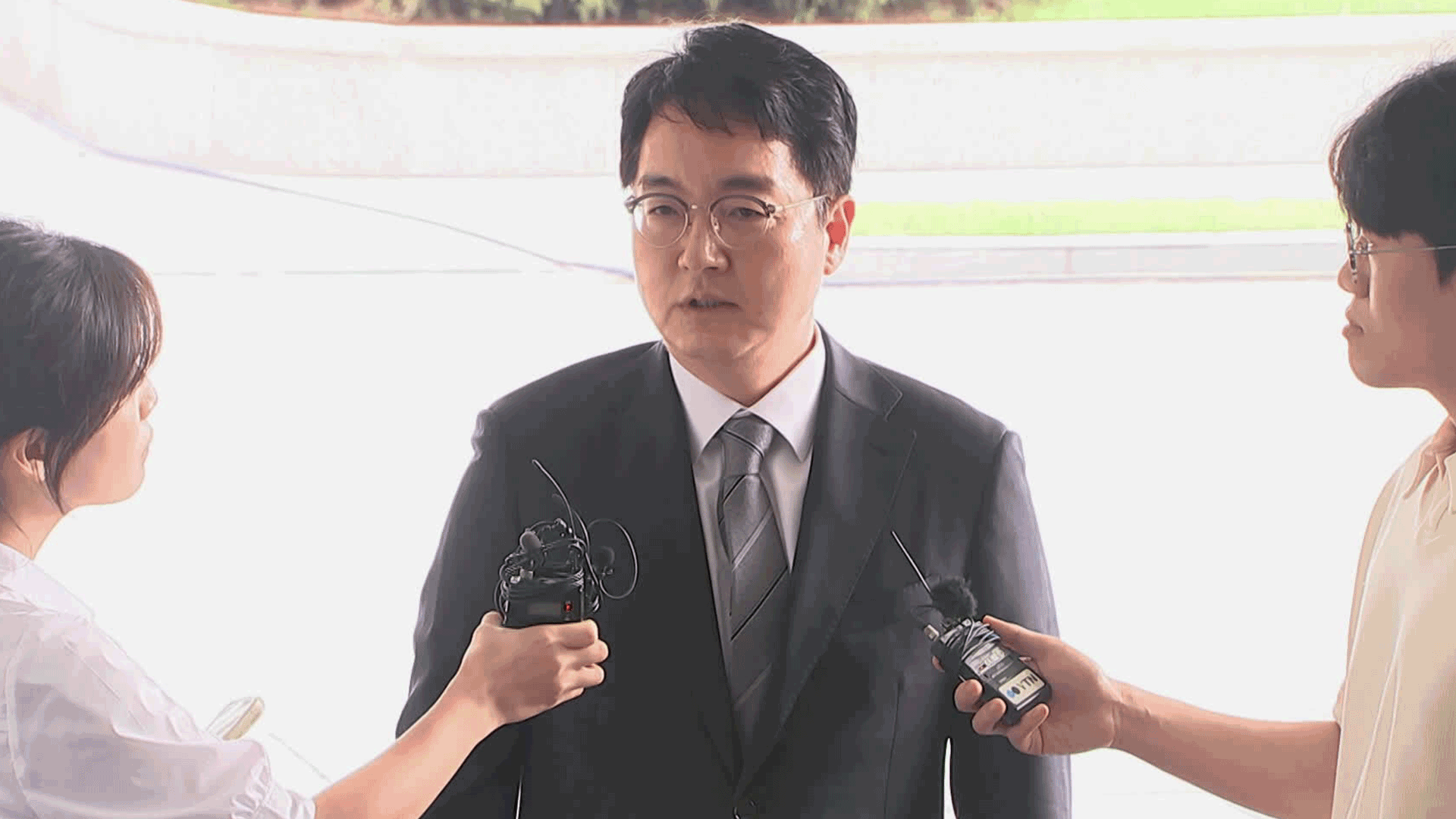
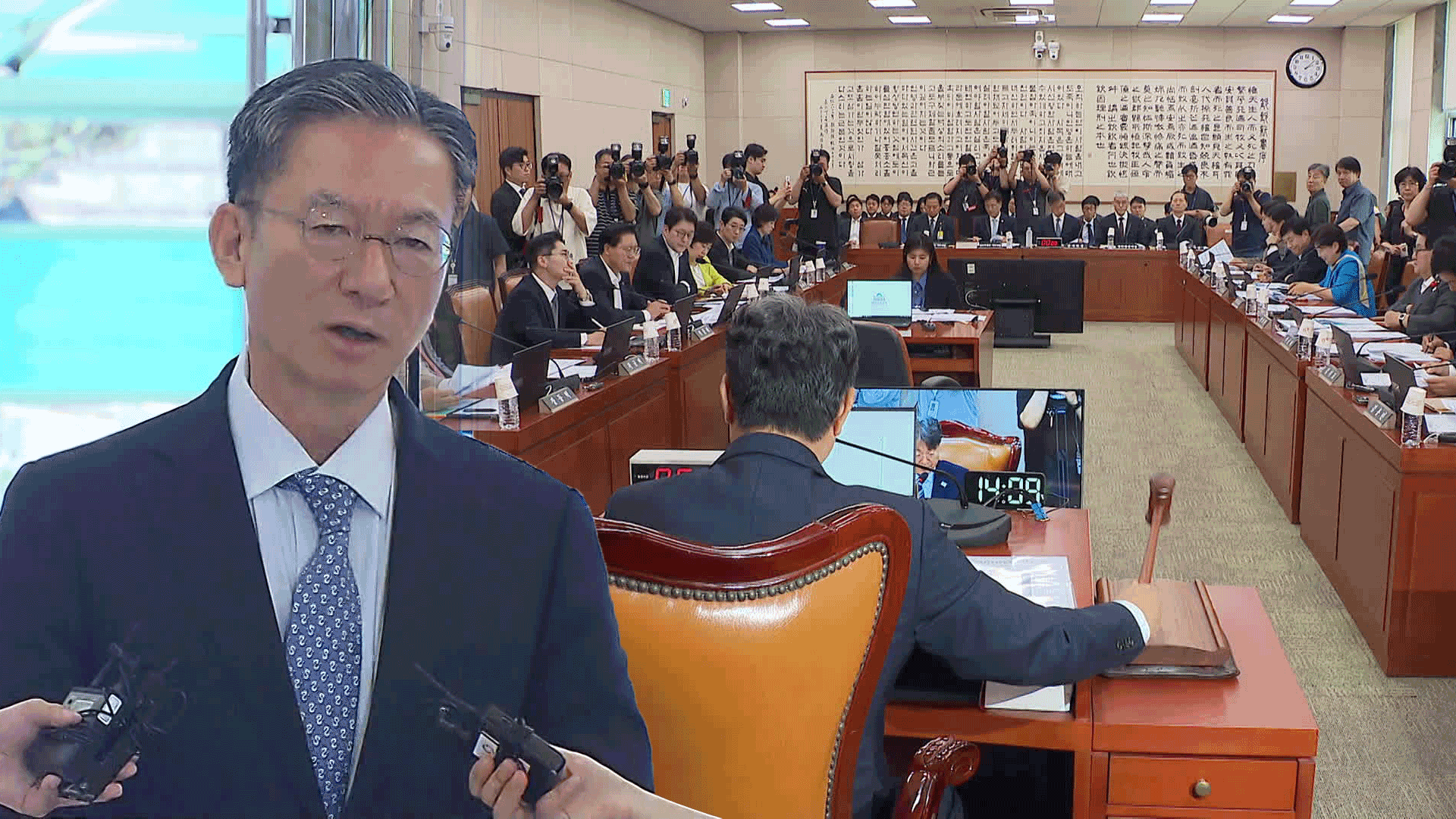
![[단독] 골프연습장 아니라더니<br>…‘한남동 골프연습장’ 도면 입수](/data/news/2025/07/01/20250701_Uh8Jnu.png)
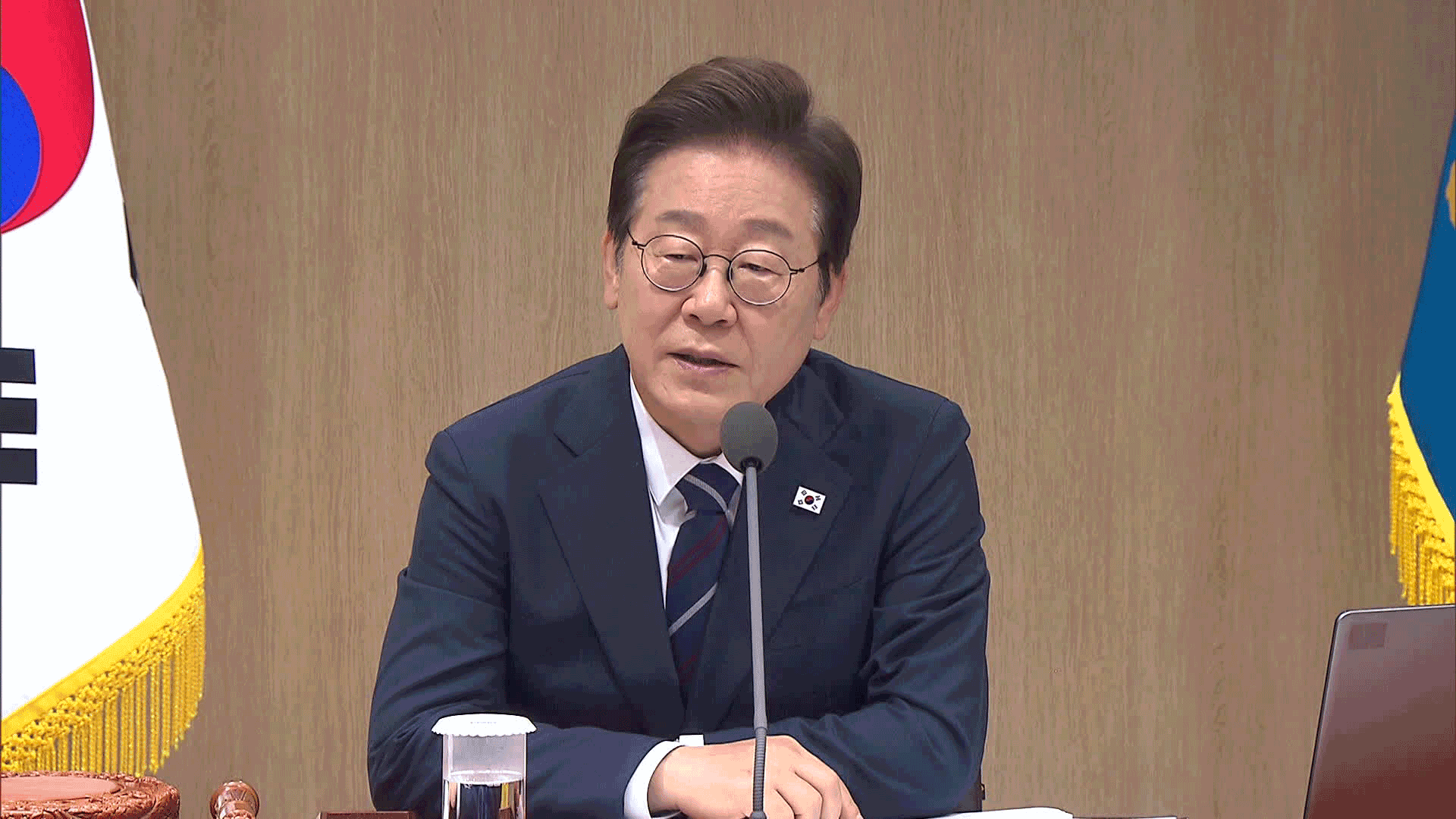

이 기사에 대한 의견을 남겨주세요.